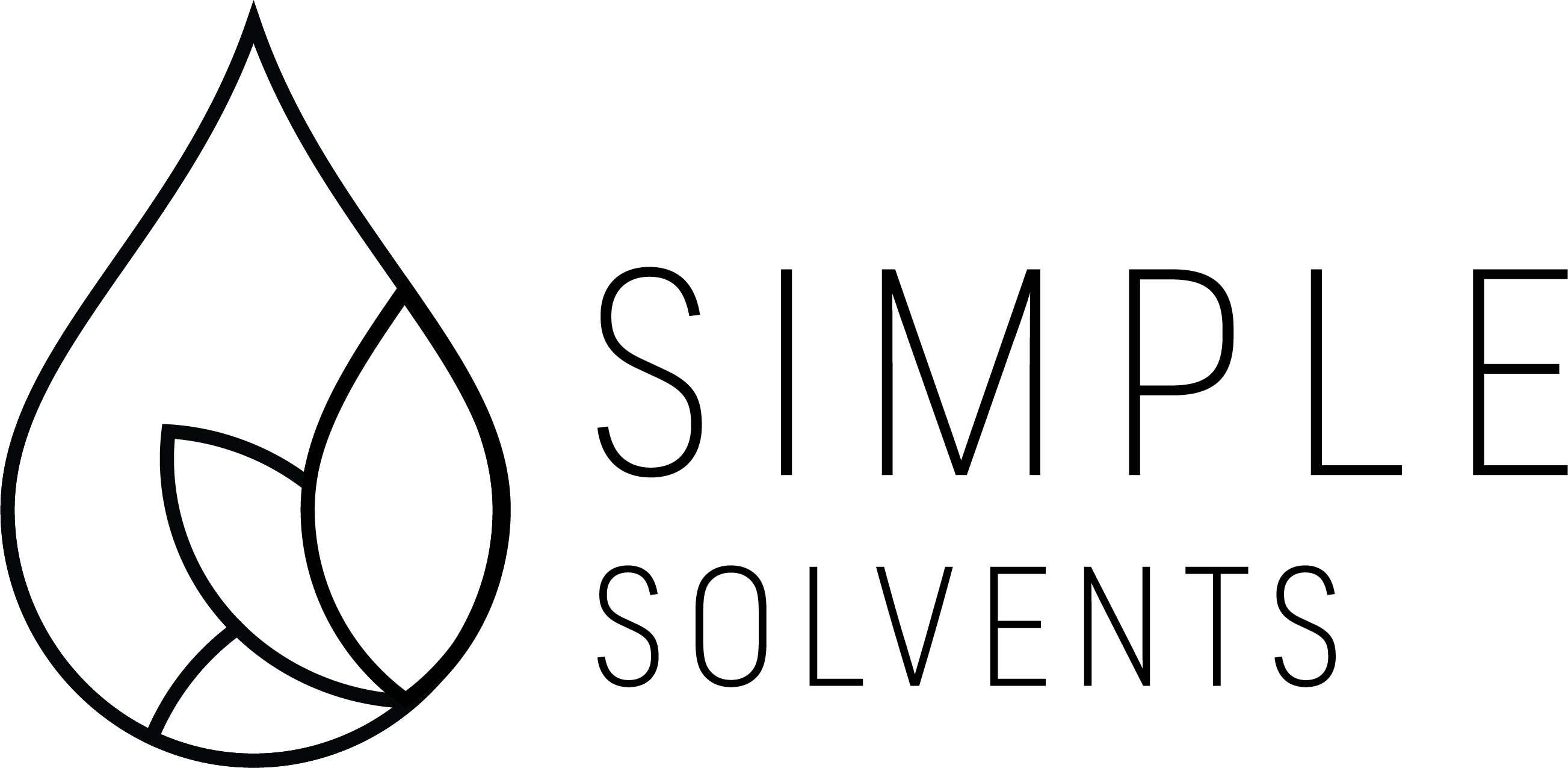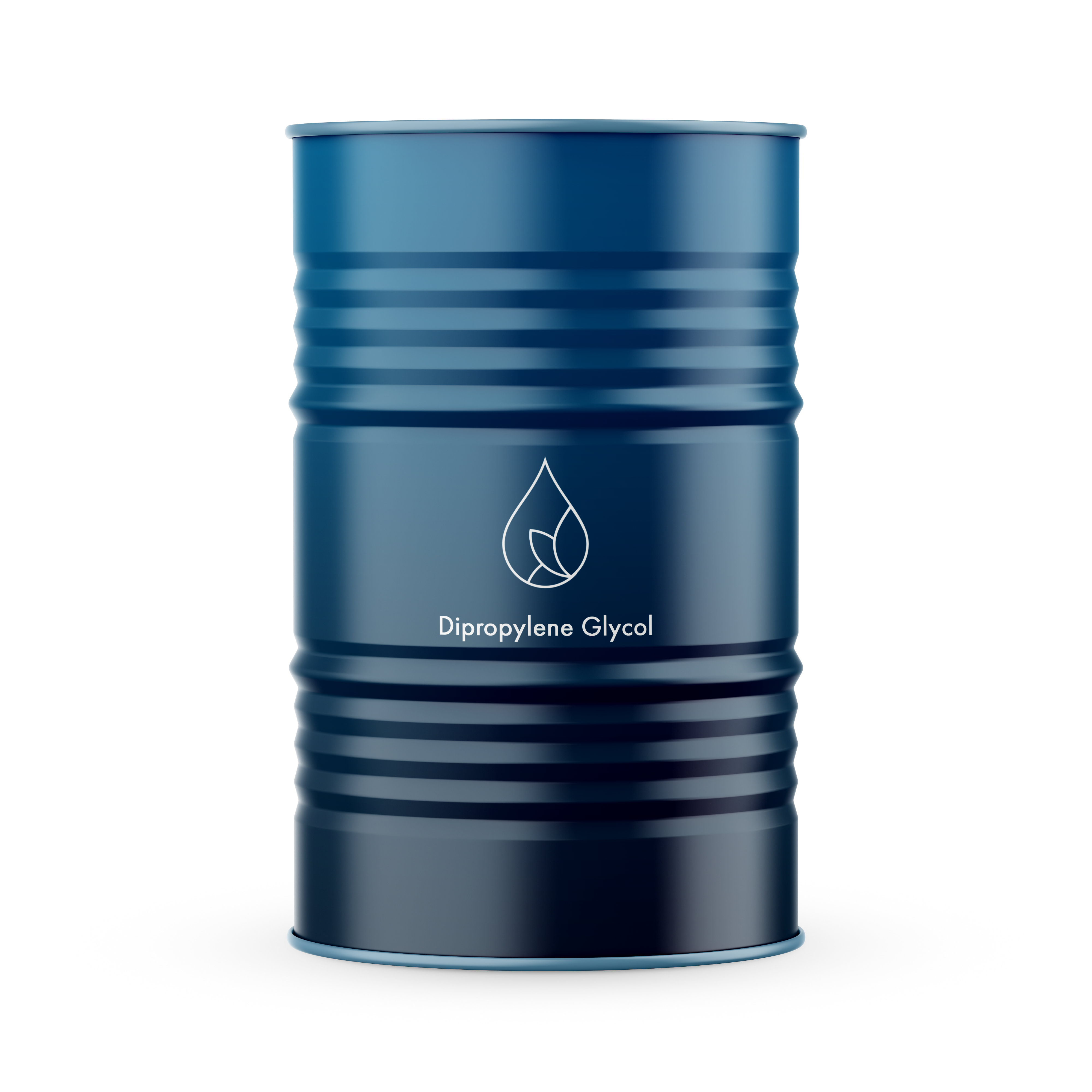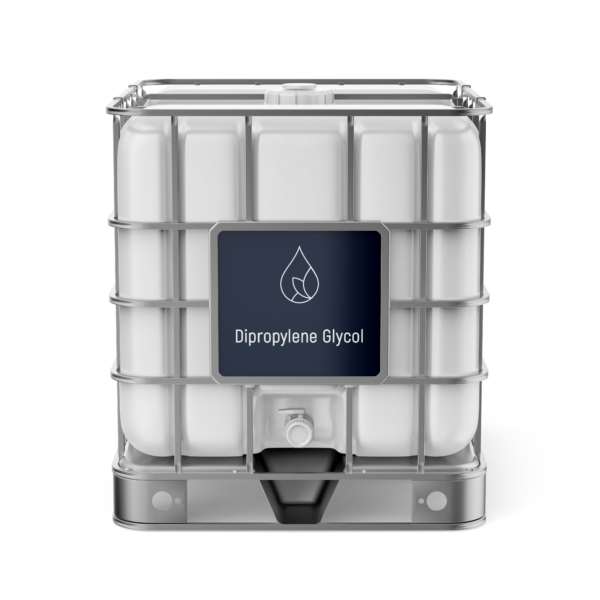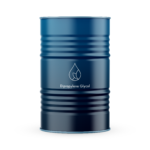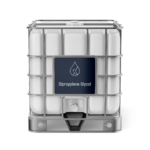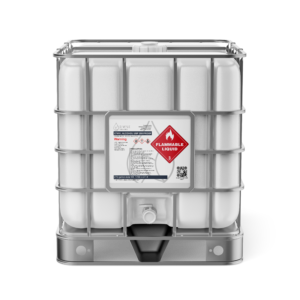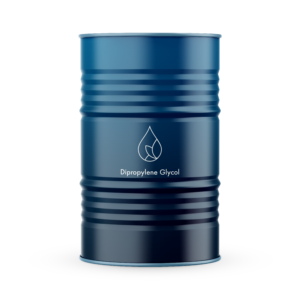Dipropylene Glycol (Oxybispropanol)
DPG – Dipropylene Glycol (Oxybispropanol)
$1,350.00 – $6,700.00Price range: $1,350.00 through $6,700.00
Bulk pricing & price matching available
Lab Tested
Secure Payments
Quality Guarantee
Fast Delivery
Dipropylene Glycol
Dipropylene Glycol (DPG) is a high-quality solvent and carrier fluid known for its minimal scent and exceptional performance across various applications. Ideal for use in industries where fragrance and purity are crucial, DPG offers a refined, clean base that enhances the stability and efficacy of your formulations. Its low odor profile makes it an excellent choice for applications where an intrusive scent would be undesirable.
Industries and Uses:
- Fragrance Manufacturing: Dipropylene Glycol DPG Low Odor serves as a superior carrier fluid in the production of perfumes, colognes, and other fragrance products. Its low odor helps preserve the integrity of delicate fragrance compositions, ensuring the final product remains true to its intended scent.
- Cosmetics: In skincare and cosmetic products, DPG Low Odor functions as a solvent and a base, providing a smooth texture and enhancing the delivery of active ingredients. Its minimal scent ensures that the fragrance of the final product is not compromised.
- Room Sprays: Used in the formulation of room sprays, DPG Low Odor helps to disperse essential oils and fragrances evenly, providing a consistent and pleasant aroma. Its low odor ensures that the room spray’s intended fragrance is the primary scent experienced.
- Personal Care Products: DPG Low Odor is utilized in various personal care items, such as deodorants and body sprays, to enhance the delivery and stability of fragrances while maintaining a neutral base that does not interfere with the product’s scent.
- Cleaning Products: In cleaning solutions, DPG acts as a solvent and a carrier for essential oils and fragrances, ensuring effective odor control and a pleasant, lasting scent without the interference of its own odor.
- Industrial Applications: In various industrial processes, DPG functions as a solvent and carrier fluid. Its low volatility and minimal odor make it suitable for use in environments where purity and fragrance are important.
- Aromatherapy Products: For aromatherapy applications, DPG Dipropylene Glycol Low Odor helps to dissolve and stabilize essential oils, providing a neutral base that allows the therapeutic benefits of the oils to shine without the interference of additional scents.
- Solvent Blends: DPG Low Odor is often used in blends with other solvents to achieve specific performance characteristics, such as improved solubility and reduced odor in final formulations.
Product Information:
- CAS Number: 25265-71-8
- Common Names: Dipropylene Glycol, DPG, Glycol DPG Dipropylene
- Scientific Names: 2,2′-Dihydroxydipropyl ether, 1,1′-Oxybis(2-propanol), Di(propylene glycol)
- solvent supply made easy
Material Safety Best Practices
When purchasing, using, shipping, storing, or disposing of Simple Solvents’ products, including flammable liquids and solvents, please be aware of the following important considerations and best practices:
Some Simple Solvents products are class 3 hazardous materials and are highly flammable. They may pose significant risks if not handled correctly. Always use these materials in well-ventilated areas away from heat sources, sparks, or open flames. Wear appropriate personal protective equipment (PPE), including gloves and safety goggles, to minimize exposure.
Proper Handling
Exercise caution when handling to prevent spills, leaks, or accidents. Use spill containment measures and follow the safety data sheet for safe handling. Do not tip packaging during transit or storage – keep the product vertical at all times.
Shipping and Storage
Ensure compliance with Department of Transportation (DOT) regulations for the shipping. All shipments must be made to a commercial address with proper labeling and documentation. Store these materials in secure, cool, and dry conditions away from incompatible substances. If the product is hazardous as indicated on the SDS, consult with your local fire marshal regarding storage allowances and local restrictions to ensure compliance with regional safety regulations.
Disposal
Follow local, state, and federal regulations for the disposal of chemical materials. Properly dispose of unused or expired products through certified disposal facilities or programs. Do not dispose in regular trash or down drains.
Emergency Procedures
In case of an emergency, such as a spill, leak, or exposure, immediately follow the appropriate emergency response protocols. Evacuate the area if necessary and contact emergency services for assistance. Use spill containment kits to manage and contain leaks, and refer to the Safety Data Sheet (SDS) for specific first aid measures and response instructions.
Regulatory Compliance
Familiarize yourself with relevant regulations and safety data sheets (SDS) for the materials you are handling. Ensure adherence to all legal and safety requirements to protect yourself and others. Every state and locality may have additional rules & regulations.
By following these guidelines, you can help ensure the safe and responsible use of Simple Solvents products. Always prioritize safety, emergency preparedness, and regulatory compliance in all aspects of handling and disposal.
Recommended Products
Related products
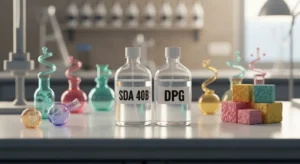
SDA 40B & DPG: Essential Ingredients in Fragrance Formulation
Behind every beautifully crafted perfume, cologne, or room spray lies a complex blend of science and artistry. While fragrance oils

Perfumer’s Alcohol: Uses in Perfumes, Colognes & Room Sprays
Perfume and fragrance creation is both an art and a science. Behind every bottle of perfume, cologne, or room spray
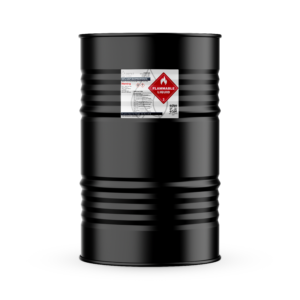
Isopropyl Alcohol Uses
Isopropyl Alcohol Uses by Different Industries Isopropyl Alcohol (IPA) is a versatile chemical with various uses across various industries. It

All You Need to Know About Ethanol and Its Various Uses
All You Need to Know About Ethanol and Its Various Uses Ethanol and Its Various Uses in fuels are essential

The Power of Ethanol: Fun Ethanol Facts on Safety and Industry
The Power of Ethanol: Ethanol Facts on Safety and Industry We are going to go over ethanol facts, uses and

Shipping Dangerous Goods: Regulations and Precautions
Shipping Dangerous Goods: Regulations and Precautions Shipping dangerous goods can be a tricky and sensitive process. It is crucial to
